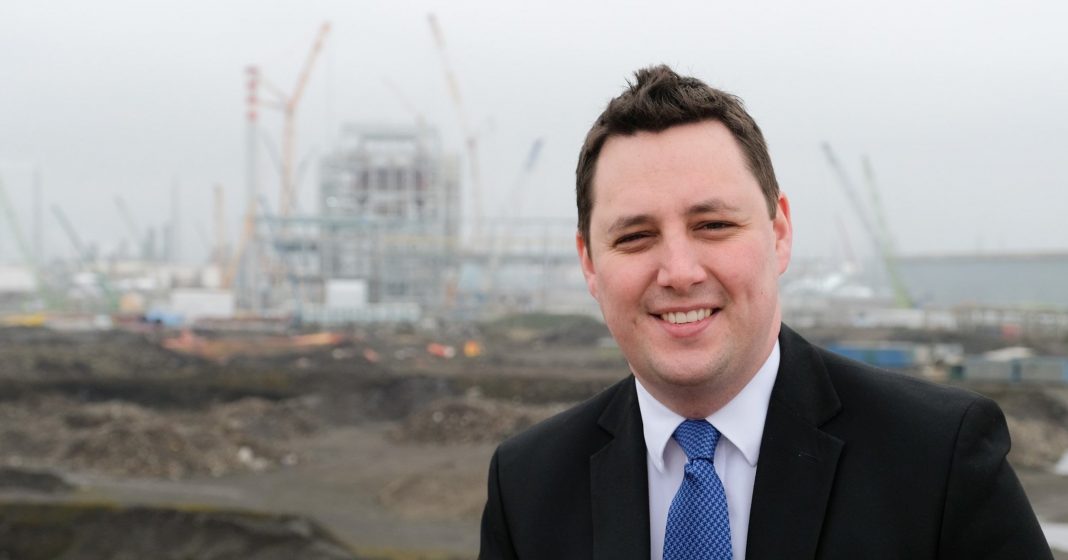East Yorkshire and Hull have been urged not to “fall behind” regions that have already embraced devolution.
The call comes from Tees Valley Mayor Ben Houchen, who has told East Riding councillors about how the East Riding and Hull could make a success of devolution, based on his experiences leading the Tees Valley Combined Authority.
East Riding of Yorkshire Council and Hull City Council have agreed a proposed deal with the Government that would lead to the creation of a Hull and East Yorkshire Mayoral Combined Authority, led by a directly elected mayor, who could be in post by spring/summer 2025. It will be put to East Riding councillors on December 21st.
The MCA would have devolved powers to invest in areas such as transport, skills and housing, as well an additional £400m of devolved funding over the next 30 years to drive growth and deliver local priorities.
Mr Houchen said it was a “travesty” that one of the UK’s “most successful and important regions” was currently “not at the table” when it comes to securing large investment.
He said the absence of a devolved combined authority had led to missed opportunities in the East Riding and Hull, with businesses to choosing to invest in devolved areas such as Teesside over the Humber region.
“The longer areas like Teesside and the North West continue to steal a march, the longer areas like the East Riding and Hull will fall behind,” he said.
Mr Houchen pointed to Humber Freeport as an example of a huge opportunity for the region, but stressed the importance of having a mayor if the region is to take full advantage of it.
“It’s absolutely vital you get it right,” he said, “but you will never succeed to the extent that you should until you get a devolved mayor who can really supercharge all the technical policy bits.”
Speaking from experience, Mr Houchen said elected mayors could “really bang on doors in Whitehall”, where they “have a standing that is completely different to any sort of backbench MP or local councillor”.
On the extra investment that devolution can bring, he emphasised that, while the initial devolution deal is important, it is just the start of a journey, as devolution would open up new funding streams, powers, and opportunities that are currently not available to the region.
The Tees Valley Combined Authority has so far secured more than £1.6 billion on top of the funding agreed as part of Tees Valley’s original devolution deal in 2017, bringing the total to more than £2 billion, said Mr Houchen.
“People get fixated on how much money we getting out of government on day one,” he said. “Is it going to be £400 million, £500 million, £550 million? You know, it’s all great, right? And I’m sure you’re all going to push to get as much money for your local area as you can, and rightly so.
“But don’t let it get in the way of the deal, because once you have a mayoral deal, once you have a combined authority, there are funding streams, there are powers, there are opportunities that open up to you that just aren’t available today.
“And so I think you will be sat here in five or six years’ time, as we are, saying, actually, whatever financial deal we agreed in 2023-2024, that’s grown to many, many hundreds, if not billions of pounds more than you started out with.”



